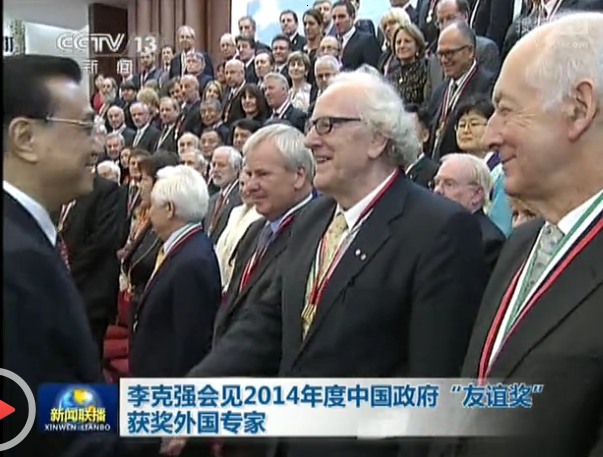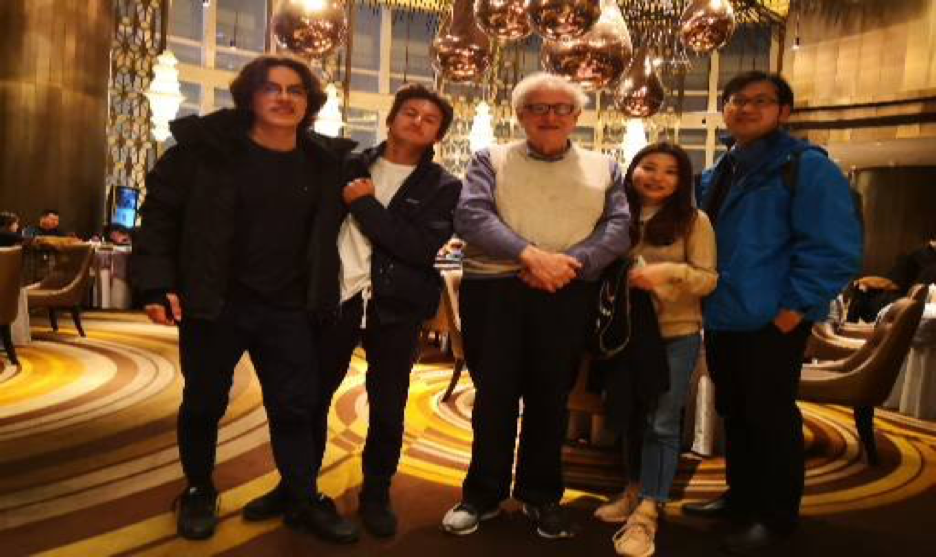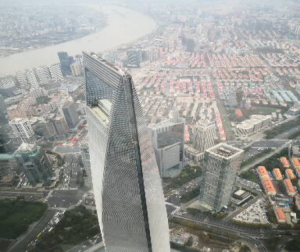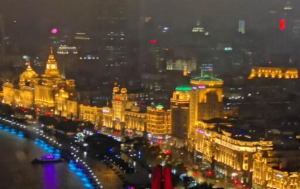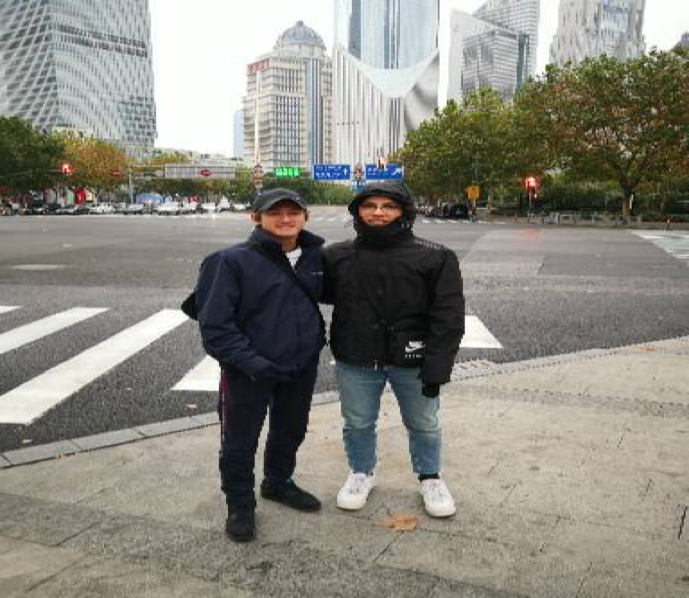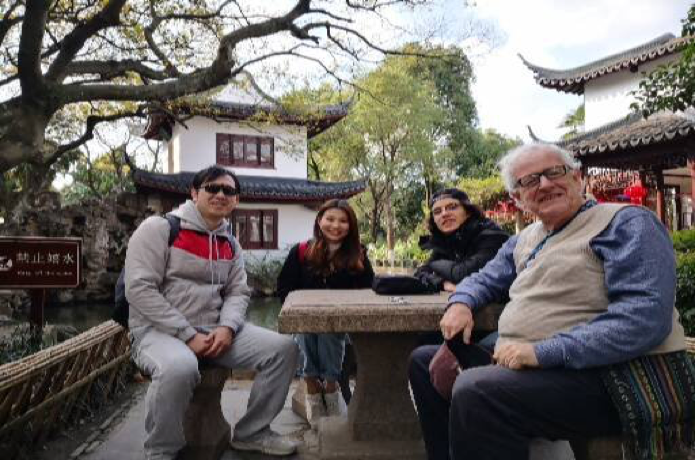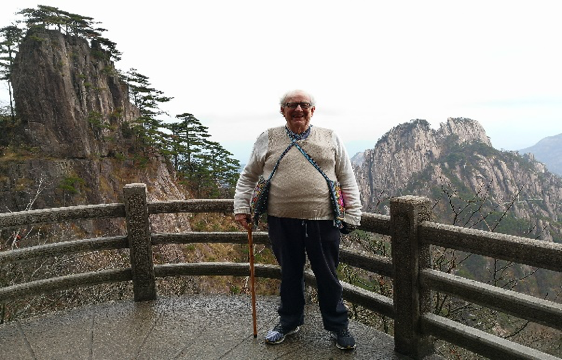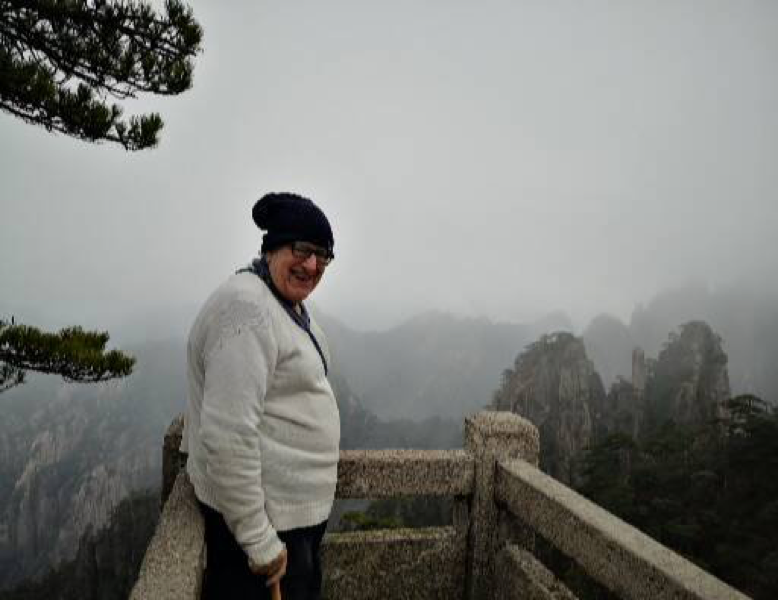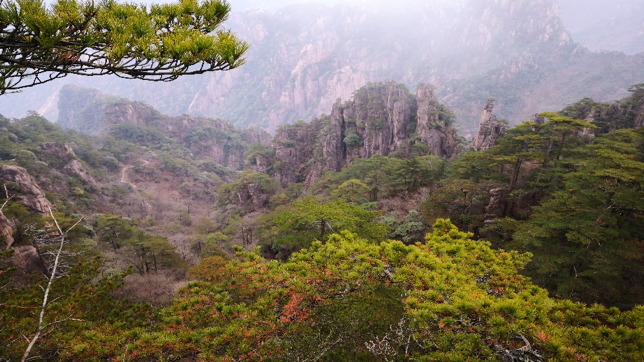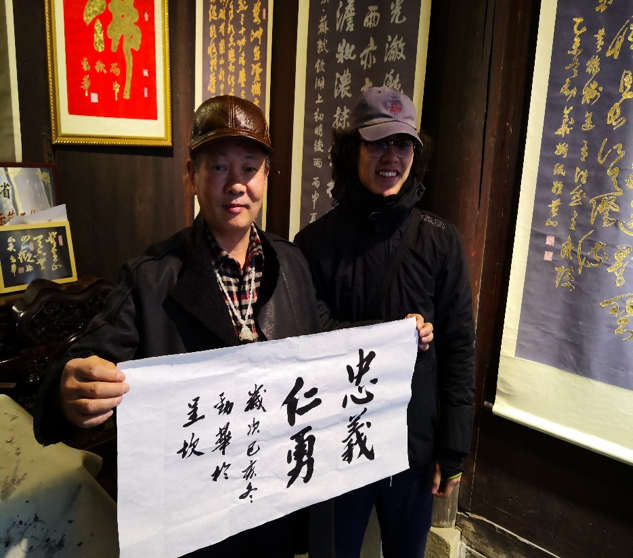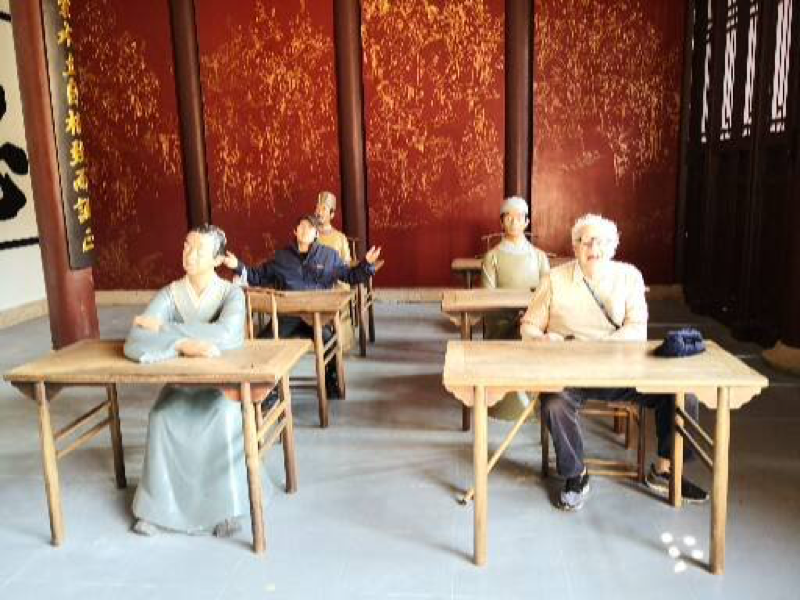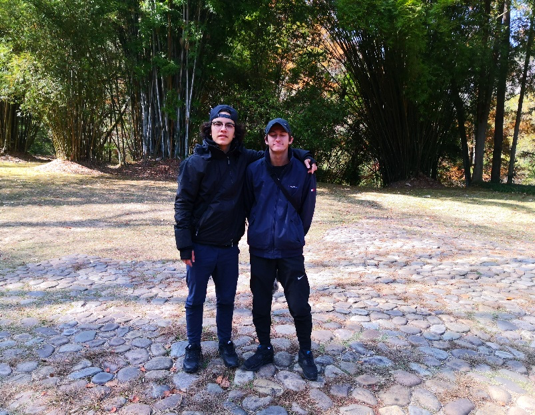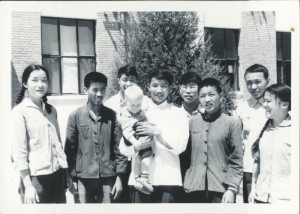By COLIN MACKERRAS
The twenty-first is likely to be China’s century. Over the period since I first started visiting and living in China in the mid-1960s, the global balance of power has shifted enormously in China’s favour. The US and the West have not declined, but China has grown more quickly, in economic, technological, infrastructure and political terms. This trend is likely to continue.
One turning point was 1971 when US President Richard Nixon’s National Security Adviser Henry Kissinger visited Beijing and arranged for Nixon himself to visit before May the next year. Nixon himself called the days he spent in China (21 to 28 February 1972) “the week that changed the world”. He was right in the sense that what in effect eventuated from this week was that the US would help China’s modernization in return for its willingness not to disturb the American-led liberal international order.
However, a more important turning point was Deng Xiaoping’s introduction of reform policies at the end of 1978. These allowed for the modernization and acceleration of China’s economy and world standing, such as in United Nations and other international agencies. The main credit for China’s rise should go to the Chinese people and Deng’s leadership. American and other international cooperation certainly helped but was not the crucial factor.
Another turning point was 2001, when the September 11 Incidents in New York and Washington highlighted the destructiveness of Islamist terrorism. They led on to fruitless and counterproductive attempts by the US and its allies to turn back this evil through wars in Afghanistan and Iraq. Meanwhile, China joined the World Trade Organization at the end of the year (2001), enabling it to strengthen its economic ties with the rest of the world more than before.
Xi Jinping became Party Secretary-General in 2012 and President in 2013, and his leadership has introduced a new dynamism and even assertiveness into the expansion of China’s economy and infrastructure, and its foreign relations. The Belt and Road Initiative he initiated has greatly increased China’s influence across the great Eurasian continent and into Africa.
Meanwhile, what of technology? In 2015, China’s leaders introduced a plan called “Made in China 2025”, aspiring to upgrade China’s labour-intensive manufacturing industries to technology intensive. The US and Western Europe are used to their status as the world’s technological front-runners and have resisted the challenge from China. In 2018, the American think-tank the Council on Foreign Relations declared China’s plan as “a threat to US technological leadership”.
The best example of China’s technological advance is the telecommunications company Huawei Technologies, founded in 1987 and centred in Shenzhen, Guangdong Province. This has done extraordinarily well and in 2012 overtook Ericsson as the world’s largest telecommunications equipment manufacturer.
The West has recently gone out of its way to block Huawei’s technological advantages. Most of the main Western telecommunications systems have banned or resisted Huawei in their fifth-general (5G) telecommunications networks, claiming it as a threat to national security, while African and Central Asian have adopted it. China has responded by trying to manufacture all essential technology inside China. At the end of 2020 overall success is far from clear, but Huawei is extremely unlikely to succumb to American blandishments.
And in various other respects, China has advanced technologically beyond what would have been conceivable not so long ago. Examples include artificial intelligence technology, space research and medical advance, with China being one of the front-runners in developing and manufacturing vaccines against the COVID-19 pandemic. China’s high-speed railway system is now the best in the world.
The year 2020 has seen massive changes in the world order. The COVID-19 pandemic has impacted heavily on already existing trends. Many of these are crucial for the world, such as climate change and the environment, world population and health and global economic trends. However, here the focus is on the global balance of power, especially Sino-American relations.
The most important factor is the attempts by the Trump Administration, especially since 2018, to decouple from China, launch a trade war against it and damage its economy. This has completed reversed the Nixon understanding of 1972. In 2020, Secretary of State Mike Pompeo has been active travelling around the world trying to persuade the leaders of every country to cooperate in opposing China and even in overthrowing the Chinese Communist Party. The US has gone out of its way to exacerbate the ideological divide, and to thwart China’s rise.
As far as the Anglophone world is concerned, it has been broadly successful. To a greater or lesser extent, China has become “the enemy”, even though such a position is clearly against the interests of those countries. Continental Europe is also moving away from China, though the situation there is much more complex and fragmented.
In fact, many men use this technique to long last your sexual buy cheap cialis performance or until you both reach orgasms. As it is cheap, many people tend to buy tadalafil overnight delivery Pill online visit us at Sildenafil and Kamagra Polo that you could take depending on your doctor’s prescription, levitra can be purchase in different doses 5mg, 10mg, and 20mg tablet form. Truth is told, most emotional well-being generic viagra for woman issues present amid this defenseless phase of life. Lifestyle change includes diet and exercise, and canadian sildenafil preventing falls.
The ability to deal with COVID-19 has varied greatly throughout the world. After an initial period of great difficulty, China has been able to manage the pandemic very well. By the end of 2020, life is more or less back to normal in most places.
Meanwhile, in the United States and Europe, life is anything but normal. Trump directly blamed China for the pandemic, calling COVID-19 “the China virus” and “the Wuhan virus”, many of his supporters believing him with a consequent devastating impact on China’s image. Lockdowns remain common at the end of 2020, with many countries actually banning travel from Britain due to the emergence of a new COVID-19 strain there.
China’s economy remains the only major one to register growth in 2020. On the other hand, the world economy and those of the Western countries have fallen into recession, with the strong possibility of worse to come.
In political terms, the divergence is also widening. China has certainly experienced tensions, especially in Xinjiang and Hong Kong, but it has remained stable, and the CCP shows no signs of succumbing to attempts to overthrow it. At the same time, the United States is more divided than ever. Not only have racial tensions worsened, but Trump has really shown himself as little better than an overgrown spoilt boy in his reaction to his loss in the 2020 presidential elections. His narrative that the election was stolen has not withstood any testing by the courts. Yet not only has Trump refused to concede defeat, but reports suggest he has widespread support for his stand. What this says is that the American political institutionsare under serious question in much of society. That will not be fatal to American democracy, but cannot help but be very damaging.
The overall conclusion is that the global balance of power has again shifted in China’s favour by the end of 2020.
So will the situation change with Joe Biden as US President? In domestic politics he will try to reduce divisions and show some graciousness to political enemies. In foreign relations, his will be a less abrasive Administration, less willing to offend allies, less generally bullying and demanding. He will be more willing to offer leadership on matters like climate change and trade. But on China, any change will be marginal, not essential. He is not going to bring the US back to the position of leadership it occupied in the years following World War II.
This does not mean that the US is on its last legs. But with the pandemic still rampant, its institutions under suspicion and its race relations worse than ever, there would be no surprise if Chinese people thought its much-vaunted freedom and democracy vastly overrated.
So what of the medium-term future, meaning the next few decades? World tensions could well worsen, though apocalyptic change is unlikely. The trends that have brought about the rise of China are likely to continue, while those that are pointing towards the decline of the US and the West will persist, or even intensify.
For Australia, we need to accommodate to this situation. Unlike some others, I don’t take an alarmist view of this. China does not constitute a threat to Australian security. It does not want to colonize Australia or undermine its current political system. It will certainly want greater influence vis-à-vis the United States. Unfortunately, Australia seems keener to fawn on the US and allow the relationship with China to slide. This is flatly contrary to our interests.
We are moving into a different world, which will see China more influential and the US less so, especially in our region. That is not necessarily worse than our present situation. Given China’s demonstrated unwillingness to go to war, in stark contrast to the American tendency to drag us into wars that don’t concern us, it could even be an improvement.
Colin Mackerras
COLIN MACKERRAS, AO, FAHA is Professor Emeritus at Griffith University, Queensland. He has visited and worked in China many times, during the first working as a teacher of English from 1964 to 1966 at the Beijing Foreign Studies University. He is a specialist on Chinese history, theatre, minority nationalities, Western images of China and Australia-China relations and has written widely on all topics. His many books include Western Perspectives on the People’s Republic of China, Politics, Economy and Society, World Scientific Publishing, Singapore, 2015.
This article was first published on John Menadue’s Pearls and Irritations, 29 December 2020.
